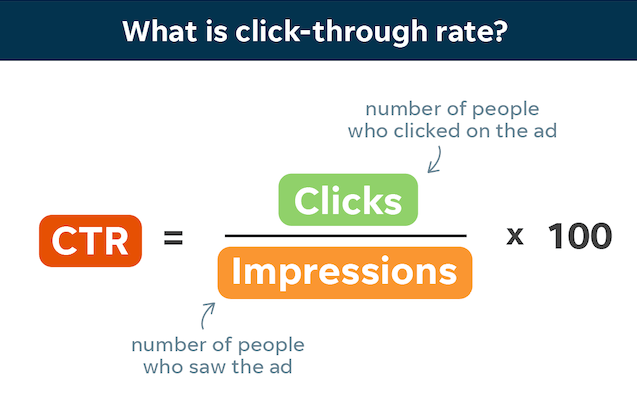In today’s digital age, online visibility is critical for success. Most businesses turn to SEO (Search Engine Optimization) to improve their search rankings, believing that higher rankings on Google will directly lead to more sales. While rankings do matter, they are not the ultimate measure of success. What truly counts is ROI (Return on Investment)—the actual business value generated from SEO efforts.
Let’s dive deeper into the key differences between focusing on rankings versus focusing on ROI and why ROI should always take priority for online businesses.
What Does “Ranking” Mean in SEO?
When we talk about “ranking,” we’re usually referring to where your website appears in search engine results for specific keywords. For example, if your business shows up in the top three positions for “best digital marketing agency,” that’s a high ranking.
Businesses often get excited about ranking higher because:
- It increases visibility.
- It may drive more organic traffic.
- It looks good in SEO reports.
However, rankings alone don’t guarantee conversions. You can rank #1 for a keyword that attracts thousands of visitors, but if those visitors don’t become leads or customers, the ranking adds little value to your business.
What Is ROI in SEO?
ROI, or Return on Investment, measures the actual business results of SEO campaigns. It answers the crucial question: For every dollar I spend on SEO, how much value or profit am I getting in return?
ROI considers:
- Sales generated from organic traffic.
- Leads or sign-ups that convert into paying customers.
- The lifetime value of those customers.
Unlike rankings, ROI directly shows how SEO contributes to your bottom line.
Major Differences Between Ranking and ROI
1. Vanity vs. Value
- Ranking is often a vanity metric. It makes reports look good but doesn’t always reflect real progress.
- ROI reflects actual value creation—it shows how SEO is growing your revenue and profits.
2. Visibility vs. Profitability
- A higher ranking may bring more clicks and visibility, but it doesn’t guarantee qualified leads.
- ROI measures profitability by tracking conversions, sales, and customer retention.
3. Short-Term vs. Long-Term Impact
- Rankings can fluctuate daily based on search engine updates.
- ROI focuses on sustained growth, showing whether your SEO investment is paying off over time.
4. Traffic vs. Conversions
- Ranking emphasizes traffic volume.
- ROI emphasizes what that traffic does—whether it fills forms, buys products, or books appointments.
5. Agency Reporting vs. Business Growth
- Many SEO agencies highlight rankings because they are easy to track.
- A results-driven agency focuses on ROI by tying every SEO activity to business growth.
Why ROI Matters More for Online Businesses
Imagine two scenarios:
- Scenario 1: Your site ranks #1 for a popular keyword, bringing in 50,000 monthly visitors, but only 10 turn into customers.
- Scenario 2: Your site ranks #5 for a niche keyword, bringing in just 5,000 monthly visitors, but 500 convert into paying customers.
Which scenario is better? Clearly, the second one. ROI-focused SEO ensures you attract the right audience who is ready to take action, not just random traffic.
How to Shift from Ranking-Focused SEO to ROI-Focused SEO
- Define Business Goals First
Are you aiming for more sales, qualified leads, or higher retention? Let business goals guide your SEO strategy. - Target Intent-Driven Keywords
Instead of chasing broad, competitive terms, focus on long-tail keywords that reflect buying intent. Example: “buy running shoes online India” has higher ROI potential than just “running shoes.” - Measure Conversions, Not Just Clicks
Track actions like purchases, form fills, and calls. Use tools like Google Analytics and CRM integrations. - Optimize User Experience
Rankings bring visitors, but conversions come from seamless navigation, fast loading speeds, and persuasive calls-to-action. - Regularly Assess ROI
Continuously measure how SEO contributes to revenue. If a tactic isn’t delivering results, pivot quickly.
While ranking is important, it’s just a stepping stone. The ultimate measure of SEO success for any online business is ROI. Rankings may boost your ego, but ROI boosts your bottom line.
In short, don’t just ask, “Where do we rank?” Instead, ask, “How much business are we generating from our rankings?” That’s the real difference between vanity and value in SEO.

